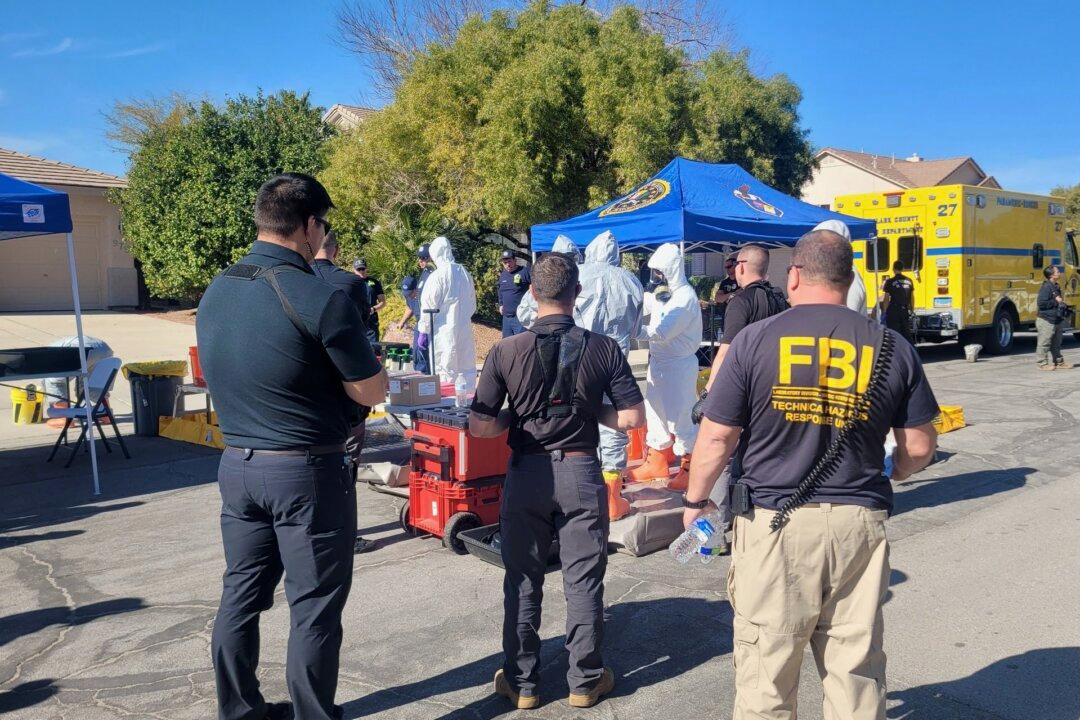Jacob Chansley, better known as the “QAnon Shaman,” became the face of the breach of the U.S. Capitol on Jan. 6, 2021. Now, after having served a prison sentence of 29 months, including two months in a halfway house, Chansley is praying for national unity as he seeks to have his conviction overturned.
The Arizona native—a Navy veteran whose distinct look with face paint and a horned hat became a national symbol of Jan. 6—was released from custody on May 25 and is now serving 36 months of supervised release.





